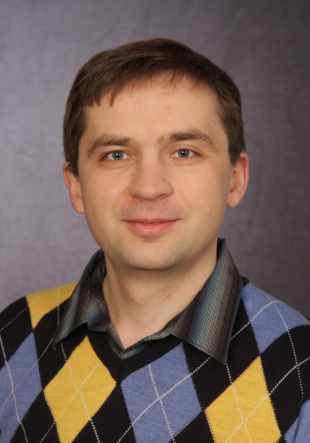Derived–tame algebras and non–commutative nodal curves
Overview
The goal of this project is to develop a systematic theory of non-commutative nodal projective curves, similar to the theory of weighted projective lines of Geigle and Lenzing. In particular, we want to clarify when the derived category of coherent sheaves on such a curve admits a tilting object, and describe the classes of tilted algebras arising in this way. We are especially interested in the case when the non-commutative nodal curve we start with (and as a result, the corresponding tilted algebra) has tame derived representation type.Using this approach, we anticipate to treat with new methods old problems about spherical objects and auto-equivalences of the derived category of coherent sheaves on a cycle of projective lines.
DFG Programme Research Grants
Key Facts
- Grant Number:
- 283334198
- Project duration:
- 01/2015 - 12/2019
- Funded by:
- DFG
- Website:
-
DFG-Datenbank gepris

